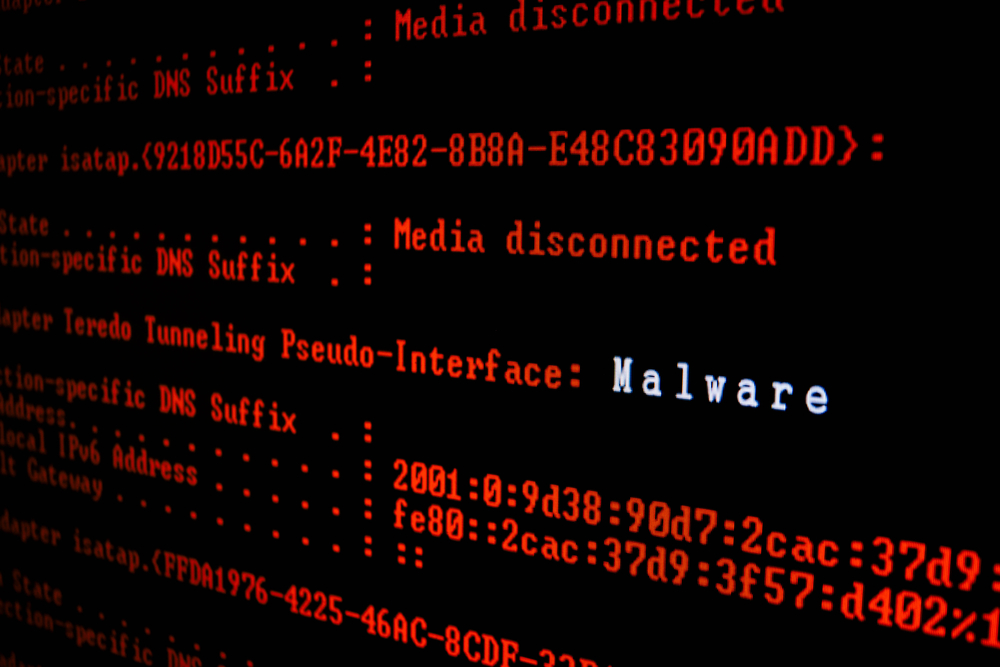Subway UK customers targeted by Trickbot hackers
Phishing emails that contained usernames suggests hackers gained access to customer data


Subway customers in the UK have reported receiving fake emails purporting to be from the fast food joint as part of a phishing campaign.
Customers of the company started getting emails from ‘Subcard' about a Subway order that was placed. The email included links to documents allegedly confirming the order.
The emails included usernames, which indicates that cyber criminals have that had access to customer data belonging to the company.
According to a report from Bleeping Computer, analysis of the emails confirmed that they were distributing using Excel documents containing Trickbot malware. This malware can steal personal information from infected systems and install ransomware.
Subway has not said how hackers gained access to customer data but did say that there was “disruption” to its email systems.
“We are aware of some disruption to our email systems and understand some of our guests have received an unauthorised email,” the company said in a statement.
The company issued a further statement that said the company had “no evidence that guest accounts have been hacked.
Get the ITPro daily newsletter
Sign up today and you will receive a free copy of our Future Focus 2025 report - the leading guidance on AI, cybersecurity and other IT challenges as per 700+ senior executives
“However, the system which manages our email campaigns has been compromised, leading to a phishing campaign that involved first name and email. The system does not hold any bank or credit card details. Crisis protocol was initiated, and compromised systems locked down," it added.
"The safety of our guests and their personal data is our overriding priority, and we apologise for any inconvenience this may have caused."
Ed Macnair, CEO, Censornet, told IT Pro that this is an example of why email data is so dangerous in the hands of cybercriminals. Customer databases are a treasure trove for criminals looking to launch widespread phishing campaigns, exploiting the fact that these customers already know the brand and are therefore more likely to trust the email and click through to the malware, he said.
“This attack demonstrates the implications of not sufficiently protecting valuable customer email information. For cybercriminals email campaigns have proved such an effective and easy method of malware deployment over the past decade, if a company lets its database fall into the hands of an attacker they are putting their customers at serious risk,” he added.
Rene Millman is a freelance writer and broadcaster who covers cybersecurity, AI, IoT, and the cloud. He also works as a contributing analyst at GigaOm and has previously worked as an analyst for Gartner covering the infrastructure market. He has made numerous television appearances to give his views and expertise on technology trends and companies that affect and shape our lives. You can follow Rene Millman on Twitter.

